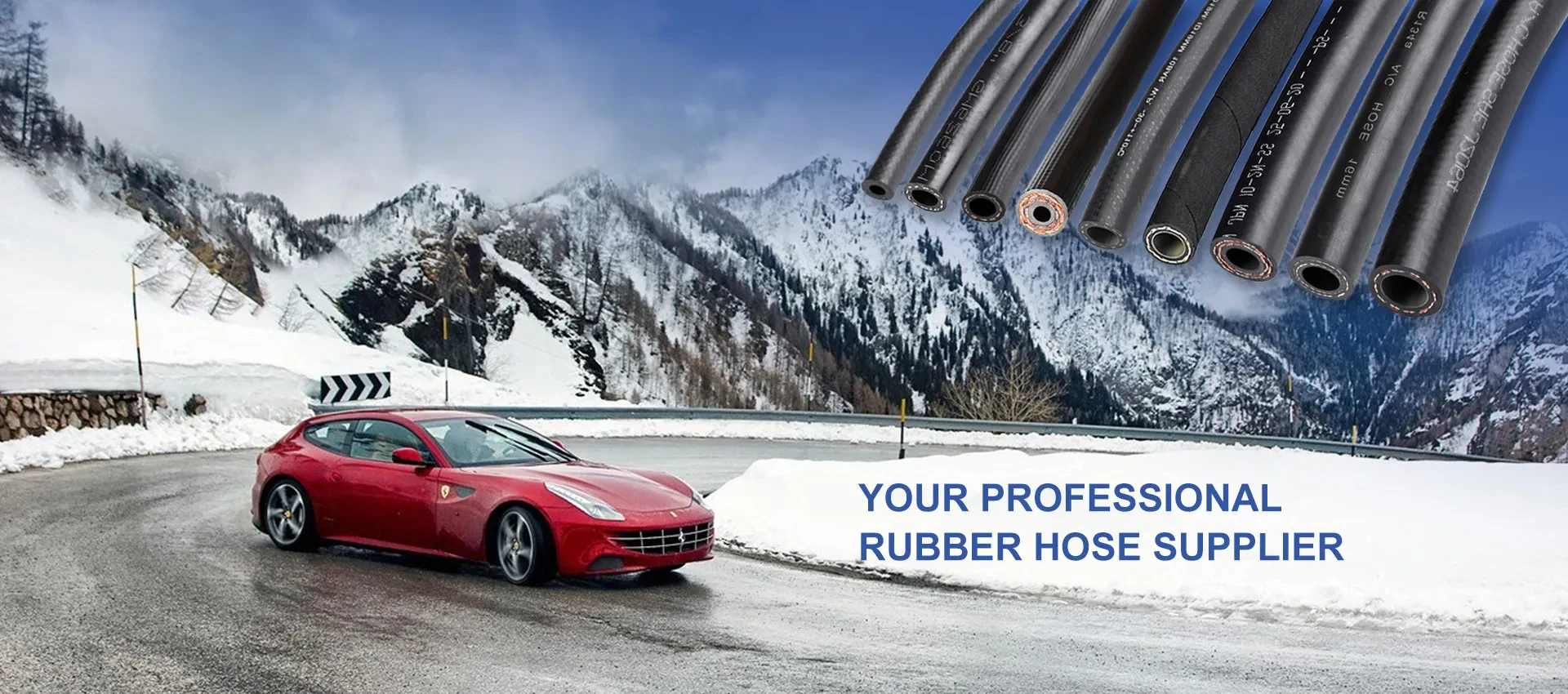Understanding Truck Brake Line Function and Maintenance Tips for Optimal Safety
Oct . 16, 2024 06:03 Back to list
Understanding Truck Brake Line Function and Maintenance Tips for Optimal Safety
Understanding Truck Brake Lines An Essential Component for Safety
When it comes to the safety of heavy vehicles like trucks, the importance of a reliable braking system cannot be overstated. Among the many components that make up this system, the brake line plays a critical role. Brake lines are responsible for transmitting brake fluid from the master cylinder to the brake calipers or wheel cylinders, which ultimately enables the vehicle to slow down or come to a complete stop. In this article, we will delve into the functions, types, and maintenance of truck brake lines, and why they are essential for safety on the road.
What Are Truck Brake Lines?
Truck brake lines are tubes or hoses that carry brake fluid under pressure to the truck's braking systems. They can be made from various materials, including rubber and reinforced stainless steel, and are designed to withstand the high pressures that occur during braking. The effectiveness and safety of a truck's braking system largely depend on the integrity and performance of these lines.
Functions of Brake Lines
1. Fluid Transfer The primary function of brake lines is to transfer hydraulic fluid from the master cylinder to the brake assembly. When the driver presses the brake pedal, the master cylinder generates pressure, and this pressure is transmitted through the brake lines to activate the brake components.
2. Pressure Maintenance Brake lines help maintain hydraulic pressure necessary for effective braking. Any leaks or weaknesses in the lines can lead to a loss of pressure, which can severely compromise the braking system.
3. Durability Against Environmental Factors Truck brake lines are engineered to endure various environmental conditions, including extreme temperatures, moisture, salt, and road debris. This resilience is crucial for maintaining functionality and preventing corrosion.
Types of Brake Lines
There are primarily two types of brake lines used in trucks
truck brake line

1. Rubber Brake Lines These are the most common type utilized in many brake systems. Rubber lines are flexible and can absorb shocks from road conditions, but they may be susceptible to wear and degradation over time.
2. Steel Brake Lines Steel lines, often found in heavy-duty vehicles, offer greater strength and durability. They are less prone to expand under pressure and are more resistant to punctures and damage. However, they can be more challenging to install due to their rigidity.
Maintenance of Brake Lines
Proper maintenance of truck brake lines is vital to ensure the safety and reliability of the braking system. Here are some essential maintenance tips
1. Regular Inspections Brake lines should be inspected regularly for any signs of wear, leaks, or damage. Any indication of corrosion or fraying should be taken seriously and addressed immediately.
2. Brake Fluid Checks Ensure that the brake fluid is at the appropriate level and is free from contamination. Old or contaminated fluid can cause brake lines to deteriorate and may even lead to brake failure.
3. Replace Worn Lines Promptly If any brake lines show signs of significant wear or damage, they should be replaced without delay. Neglecting to do so can lead to reduced braking efficiency or, worse, complete brake failure.
4. Professional Servicing Having brake lines checked and serviced by a professional mechanic can help identify potential issues early on. Professionals can provide insights on whether to repair or replace components of the braking system.
Conclusion
Truck brake lines are a critical component of vehicle safety. Understanding their function, types, and maintenance can go a long way in ensuring the safety of drivers, passengers, and other road users. Regular inspections and maintenance of brake lines should be a priority for truck owners and operators, as the consequences of brake failure can be catastrophic. By being proactive about brake system health, truck drivers can maintain their vehicle's performance and safety on the road, making informed decisions that contribute to overall road safety. Remember, when it comes to heavy vehicles, every part matters, and the brake line is no exception.
Latest news
-
Air Conditioning Charging Hose: Durable AC Recharge Kits
NewsAug.22,2025
-
Premium 4890 AC Hose | Durable & Perfect Fit Replacement
NewsAug.21,2025
-
High-Quality AC Hose: Compressor to Evaporator for Car
NewsAug.19,2025
-
Glass Storage Jar with Acacia Vacuum Vented Cover - HEBEI KEMO|Thermal Resistance, Food-Grade Safety, Eco-Friendly
NewsAug.18,2025
-
Glass Storage Jar with Acacia Lid - Hebei Kemao | Heat-Resistant, Eco-Friendly
NewsAug.18,2025
-
Glass Storage Jar with Acacia Vacuum Vented Cover - HEBEI KEMO|Thermal Resistance,Eco-Friendly Storage
NewsAug.18,2025
